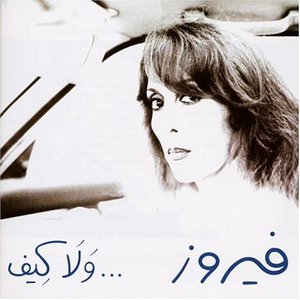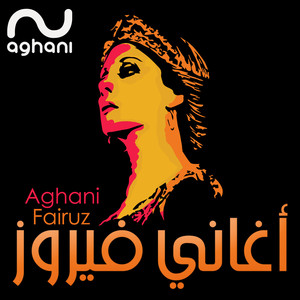
Musical operettas and concerts followed for many years, eventually establishing Fairuz as one of the most popular singers in Lebanon and throughout the Arab world. Fairuz was paid one Lebanese pound for that show. She performed alongside the British prima ballerina Beryl Goldwyn and the Ballet Rambert. He chose for her the stage name Fairuz, which is the Arabic word for turquoise.įairuz and Assi had four children: Ziad, a musician and a composer, Layal (died in 1987 of a brain stroke), Hali (paralysed since early childhood after meningitis) and Rima, a photographer and film director.įairuz's first large-scale concert was in 1957, as part of the Baalbeck International Festival which took place under the patronage of the Lebanese President Camille Chamoun. At Nouhad's request, El Roumi appointed her as a chorus singer at the radio station in Beirut and went on to compose several songs for her. Roumi was impressed by her voice and noticed that it had a rare flexibility that allowed her to sing both Arabic and Western modes admirably. On one occasion, Nouhad was heard singing by Halim el Roumi, head of the Lebanese Radio Station and a prominent musician in his own right (also the father of the famous Lebanese singer Majida Roumi). Among other things, he taught her to recite verses from the Koran (in the Recitative style known as Tajweed). Mohammed Fleyfel took a close interest in Nouhad's talent.

That having been said, Nouhad's family as a whole encouraged her in her musical career. At first, Nouhad's conservative father was reluctant to send her to the conservatory however, he eventually allowed her to go on condition that her brother accompany her. Impressed by her voice and performance, he advised her to enroll in the conservatory, which she did. This was how she came to the attention of Mohammed Fleyfel, a well known musician and a teacher at the Lebanese Conservatory, who happened to attend one of the school's shows in February 1950.

She would sing regularly during school shows and on holidays. By the age of ten, Nouhad was already known at school for her unusual singing voice. In the evening, Nouhad would sit by the candlelight with her grandmother, who would tell her stories. She would sing all the way to the spring and back. During the day, Nouhad would help her grandmother with house chores and fetch fresh water from a nearby water spring. Nouhad seemed to enjoy the rural village life. However, she was very attached to her grandmother who lived in Debbieh (Shuf area), where Nouhad used to spend her summer holidays. It is also thought that there are fifteen unreleased songs composed by Philemon Wehbe.Nouhad was a shy child and did not have many friends at school.

A Fairuz album composed by Egyptian musician Riad Al Sunbati was produced in the 1980s and is yet to be released. Most of them date back to the late 1940s, 1950s, and early 1960s and were composed by the Rahbani Brothers (certain unreleased songs, the oldest of all, are by Halim El Roumi). Also featured are songs by Sayed Darwish, Ziad Rahbani, Zaki Nassif, Mohamed Abdel Wahab, Philémon Wehbé, Najib Hankash, and Mohamed Mohsen.įairuz's unreleased works are abundant. Most songs featured on these albums were composed by the Rahbani brothers. Fairuz has sold more than 150 million records worldwide.Īround 85 Fairuz CDs, records, and cassettes have been officially released so far. The discography of Lebanese singer Fairuz includes a large repertoire of more than 1,500 songs, out of which nearly 800 were released.


 0 kommentar(er)
0 kommentar(er)
